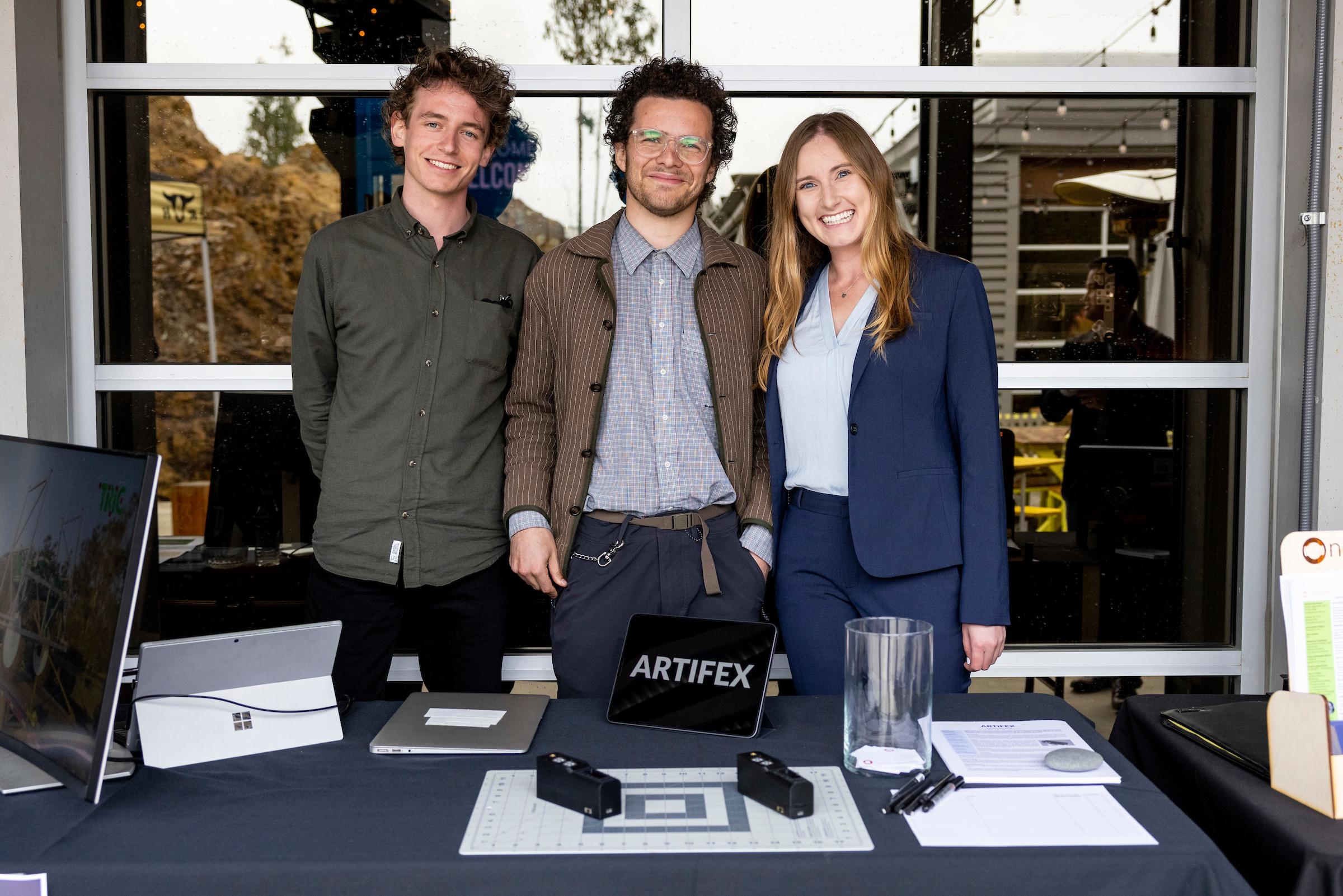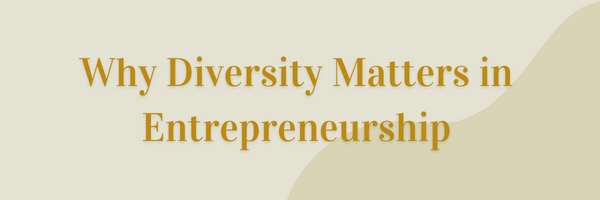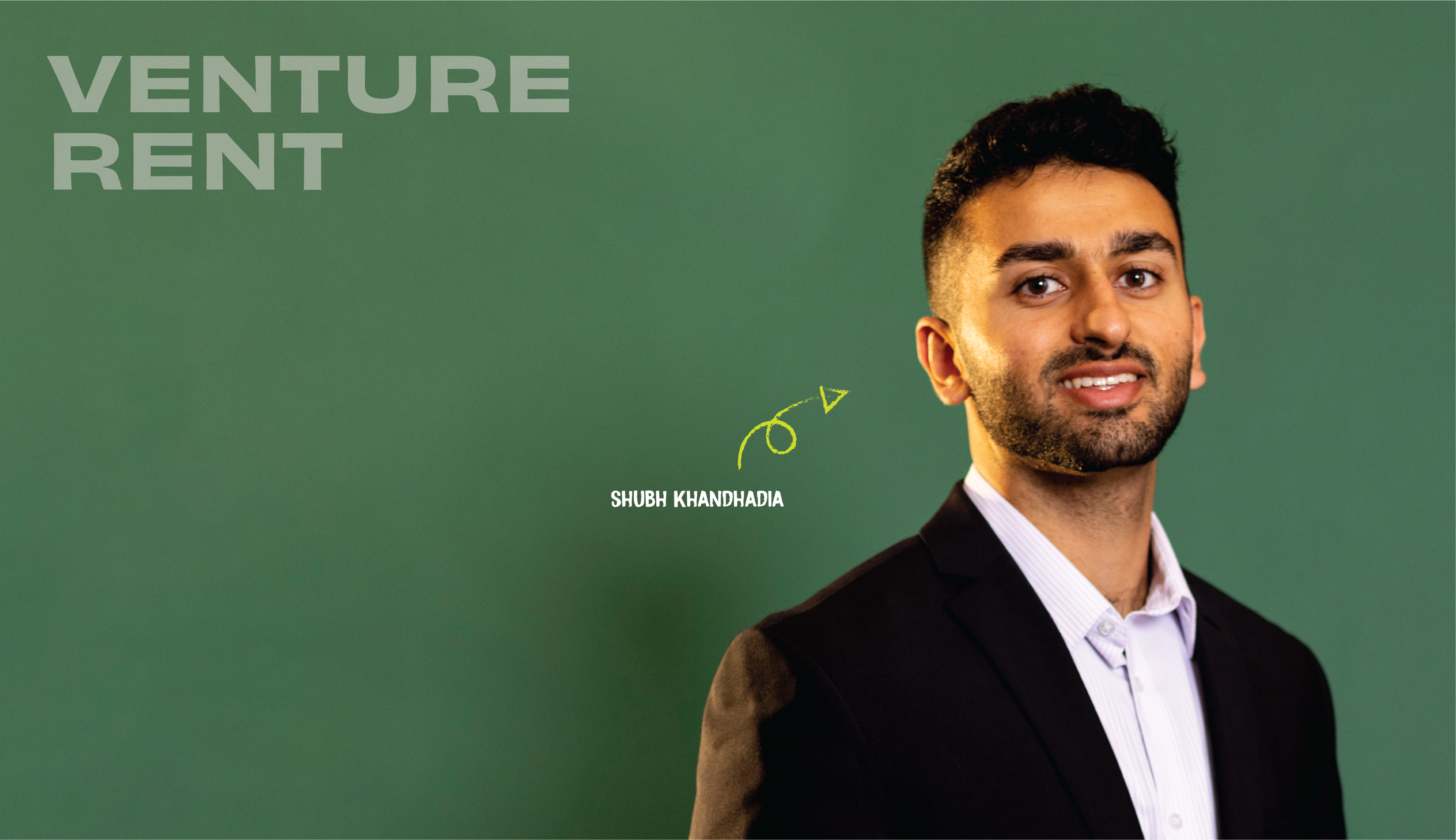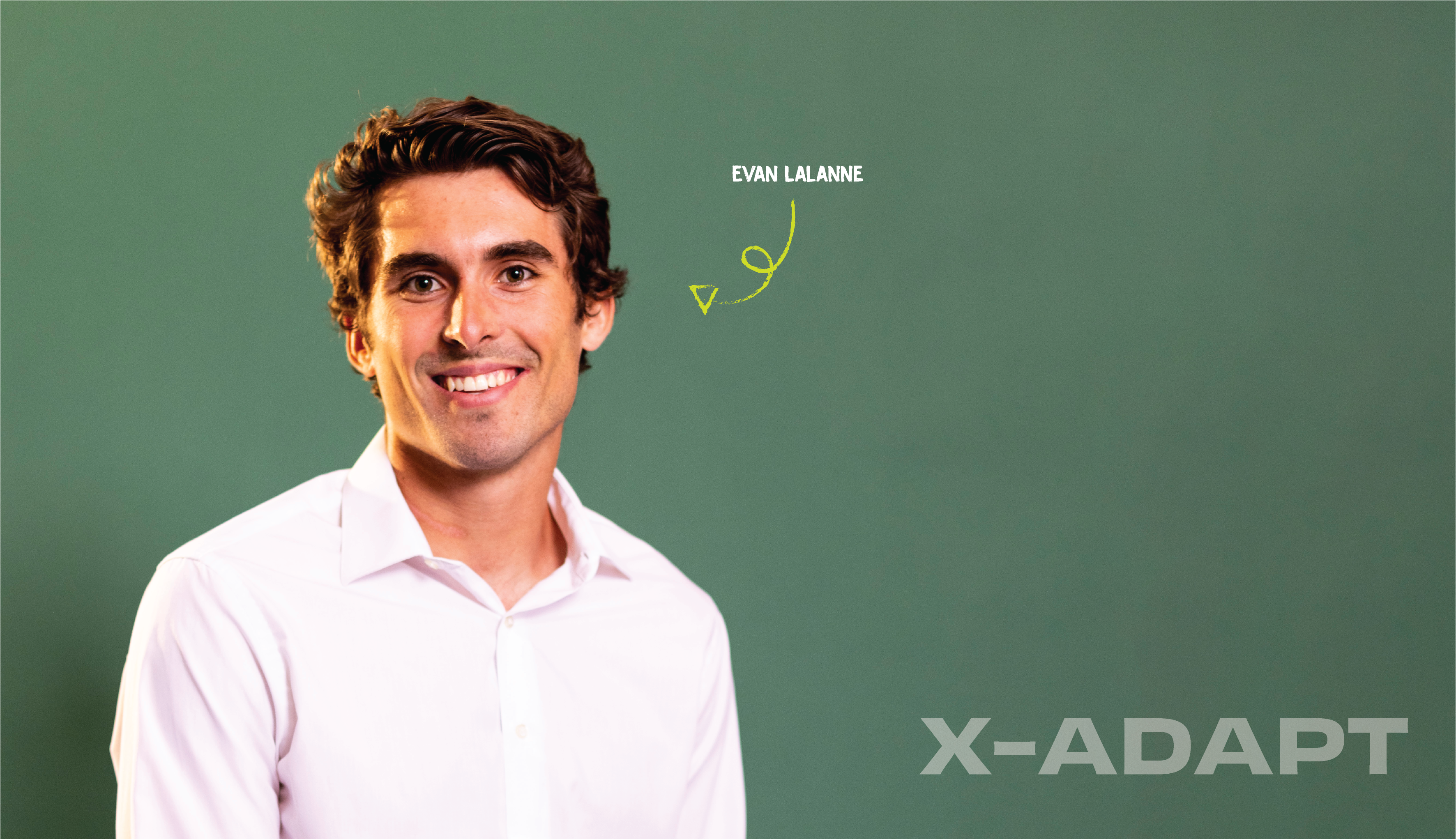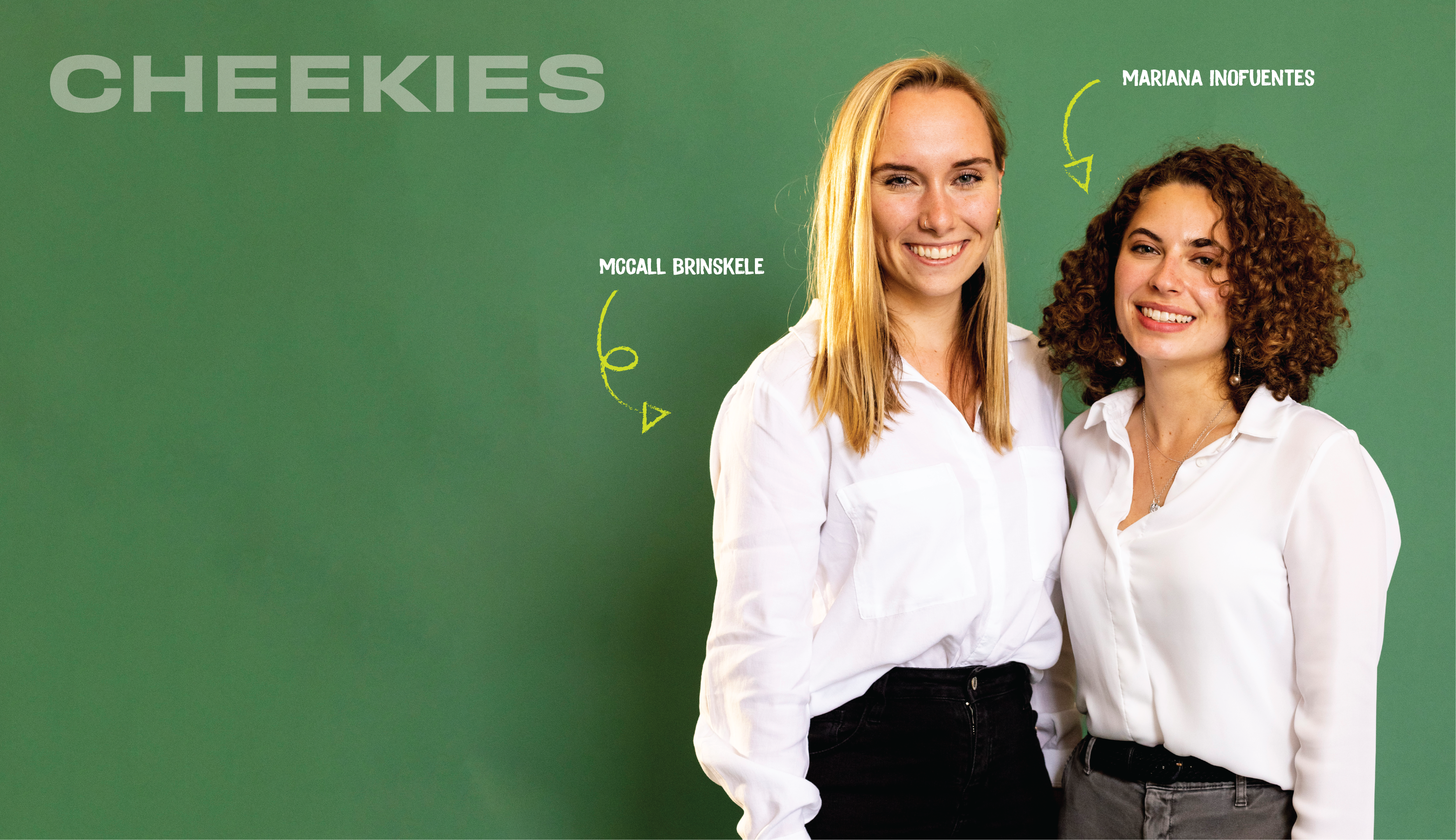Diversity was largely an “untouched subject” on the Cal Poly campus when Zeeshan Khan started as an undergraduate. It was shortly after photographs of a white student in blackface began circulating, a scandal which propelled Cal Poly into the international spotlight and left many traditionally underrepresented students, including Khan, feeling ostracized from the rest of the campus community.
Khan, a computer science undergraduate who was serving on Cal Poly ASI’s Diversity and Inclusion Committee at the time, recognized a lack of sufficient support networks for minority students — so he began building his own network.
Along with two other classmates, Khan founded Color Coded, an on-campus club that provides professional and academic support and resources to minorities and allies in the tech space. The club was especially committed to fostering new opportunities and professional connections for Black and Latinx students.
“We recognized there was a need for more support, more community, and why not have another place for people to reconnect and feel safe?” Khan said. “We focused on making sure people felt their voices were heard.”
Khan is now the co-founder and CEO of Zoetic Motion, a startup developing a platform for physical therapists to support their patients outside of the clinic. Color Coded influenced the way in which he manages his startup, he said.
Through Color Coded, Khan learned the importance of diverse perspectives. The club taught him that a diverse team can lead to more creative problem-solving since team members from different backgrounds may approach problems differently, he said.

Zoetic Motion CEO Zeeshan Khan (right) with co-founder Ivet Avalos (left) during the 2021 CIE Summer Accelerator.
“Something I make sure to do — and I know it irritates some people — but I make sure everyone says something before the end of our staff meetings,” Khan said.
This not only ensures that everyone’s voice is heard, but can also lead to more innovative ideas, he said.
Zoetic Motion is not the only startup that benefits from a diverse workforce. Recent studies conducted by McKinsey & Company found that companies with greater diversity enjoy greater financial success.
In 2018, McKinsey examined 1,000 public companies from 12 different countries and found that companies in the top quartile for racial and ethnic diversity were 33% more likely to have financial returns above their respective national industry medians. Similarly, companies with greater gender diversity were 21% more likely to have financial returns above the same median.
“When you have a diverse team, there’s this plethora of perspective, experience and culture,” said Jose Huitron, a lecturer in the Cal Poly Orfalea College of Business (OCOB) and the Director of Student Innovation Programs with the Cal Poly Center for Innovation and Entrepreneurship (CIE).
Diverse teams within the entrepreneurship space can also translate into diversity within the consumer marketplace, according to Huitron.
Agua Bonita, for example, is a startup that sells agua frescas, beverages made with water and fresh fruits that are especially popular in Mexico and Latin America. Traditionally, agua frescas are sold by street vendors, alongside “culturally nuanced food.”
Agua Bonita founder Kayla Castañeda, however, repurposed the tradition, commercializing the product and selling it as a canned beverage.
“She found a way to take a staple in our Hispanic culture and bring it into the mainstream,” Huitron said. “Kayla’s perspective and point of view enriches the portfolio of the firm that invested in her startup, brings back capital that she can use to impact her community and broadens the aperture of what’s possible for her community.”
Another example of a startup creating greater diversity and inclusivity in the consumer marketplace is Cheekies, a period-wear company leveraging leak-proof technology to provide menstruators with greater comfort while sleeping on their periods.
The startup is founded by women, for women — but because of this, the startup’s founders often run into difficulties when pitching their business to male investors, who can be unfamiliar with the problem they are attempting to solve.
“We have to be very creative in the way that we sell the product to male investors,” said Cheekies co-founder Mariana Inofuentes, who graduated from Cal Poly with an industrial engineering degree in 2022. “It requires a little bit of extra brainstorming because (male investors) may not relate to the problem.”

Cheekies co-founders Mariana Inofuentes (left) and McCall Brinskele (right) after pitching their startup at the CIE’s 2022 Demo Day.
Pitching to female investors is often easier because they are familiar with the discomfort of sleeping on their periods and the lack of effective solutions currently on the market. Rather than explain the problem and solution, Inofuentes and co-founder McCall Brinskele need only explain how their solution is effective.
Brinskele, who is also a Cal Poly graduate student studying engineering management, said working with mentors who share a similar background as their mentee — in Brinskele’s case, women who are familiar with product development, apparel or other aspects of the period-wear industry — can be valuable.
Communication is often easier since the mentor is able to understand their mentee on a more personal level, Brinskele said.
“For a mentor to say, ‘I’ve been where you’ve been and I came out the other side’ is massive,” Brinskele said. “To be able to say, ‘I can achieve this. They came from the same place I did and look the same way I do’ gives people hope, and that’s invaluable in entrepreneurship.”
CIE Student Innovation Outreach Coordinator Anvita Vyas said it is not only important for similar identities as their mentees, but also similar professional backgrounds.
Vyas, currently a business administration junior, is also the founder of Swaay, previously known as Nritya. Swaay is a startup developing a digital platform to connect dancers and choreographers based on emotional intelligence.

CIE Student Innovation Outreach Coordinator and Swaay founder Anvita Vyas hosting the CIE’s annual Elevator Pitch Competition.
In 2021, Vyas brought Swaay to the CIE Hatchery, an on-campus program that provides students with the resources needed to build a business. The Hatchery connected Vyas to several mentors, all of which she said provided valuable business development advice — but none of which could provide advice specific to the dance industry.
“I really wish there was someone who had been within the dance industry who could have mentored me,” Vyas said. “To speak for the arts or any other industries that don’t have as much presence within the CIE, it would be cool to see pitch competitions or programs for those specific industries.”
Vyas said organizations like the CIE should have a network of diverse mentors in order to provide support to students from across campus and across academic disciplines. If the CIE expanded its network to include mentors from a larger variety of disciplines, it could perhaps foster the growth of startups within those industries, she suggested.
“Entrepreneurship, it’s interdisciplinary,” she said. “It’s tied to everything in many different ways… I think having more mentors from different industries will attract more students to the CIE because the more that you see that entrepreneurship is diverse, the more you’re going to understand that it’s applicable to you.”


